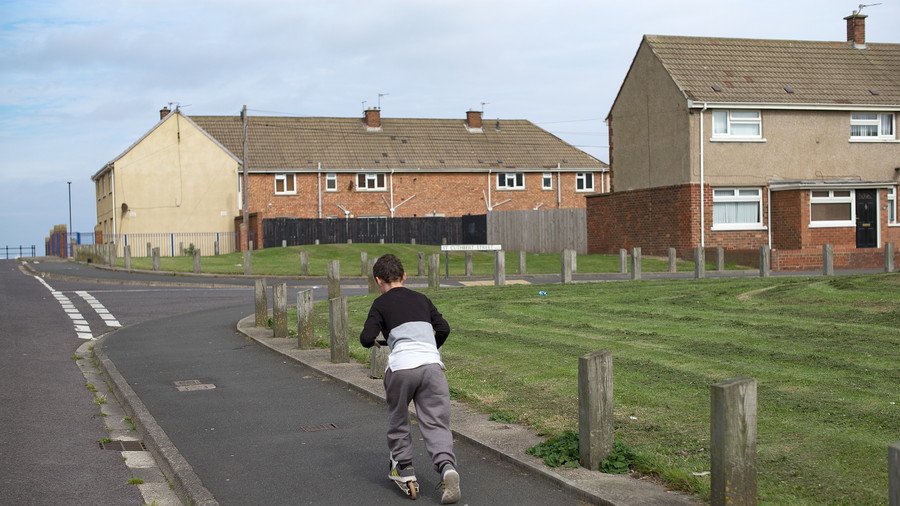Thousands of children, pensioners plunged into poverty as Tory austerity bites

Hundreds of thousands of children and pensioners have fallen into poverty in the past four years. The news comes just a day after the government’s entire social mobility team resigned.
According to the Joseph Rowntree Foundation, up to 400,000 more children and 300,000 more pensioners in the UK have plunged into poverty since 2012-13, the steadiest rise in the past two decades.
Meanwhile, the government faces a fierce backlash over its implementation of the Universal Credit scheme, where benefits are replaced with a single payment. The government claims the new system incentivizes people to work, but widespread evidence proves it is merely placing more people into unprecedented levels of debts.
Mother-of-one Karla McDonagh is among those who are struggling to make ends meet.
“Sometimes it can be three days before I can afford to make something decent for tea. It's quite stressful. I have to sit back and reflect and think of options to make things better, re-budget my money – sometimes not pay my TV license, just so I can go out and pay £25 [US$33.60] on food at the end of the month. But I always get through it,” she told the BBC.
“It is a real struggle for thousands and thousands of people every day to make ends meet,” Campbell Robb, chief executive of the JRF, told Radio 4.
According to researchers, the main factors contributing to such a rise in people in poverty are wage stagnation while the cost of living has shot up, as well as a freeze on benefits and changes to tax credits, which many families, both in and out of work, rely on.
The report is likely to further cast Prime Minister Theresa May in a negative light, as it comes just a day after all four members of the government’s Social Mobility Commission resigned in protest of a lack of progress towards a “fairer Britain.”
A government spokesman said since 2010, the number of people in absolute poverty – an assessment of basic living needs which takes into account a household's access to services as well as income – had fallen by more than 500,000.
“We are spending an extra £4.2 billion [$5.6 billion] on pensioners, carers and disabled people next year, and continue to spend around £90 billion a year supporting people of working age, including those who are out of work or on a low income,” he said.














